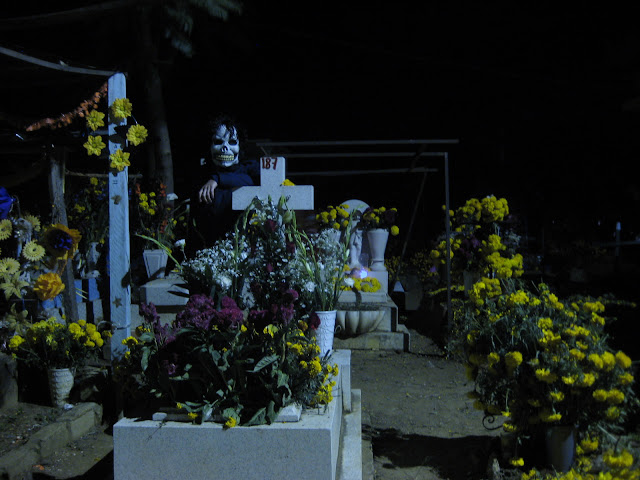As a manifestation of both reason and passion, humanity blinds philosophers: it is the sun in to which we seem unable not to stare. Analysis is blunted by our contradictory compass: the self-evident truth that we are both proud, thinking, striving and yet wretched, fearing, loving things. Nikos’s poetry exists in that philosophic interjacency, humorous and connected, a membrane under which to dovetail the bifurcated strands of earnest Kantian dialectic with honesty, love and obsession. In Pure Reason (for David), Nikos, like many essentially unbelieving students of philosophy, will not expunge reality from the metaphysical mission. He must reconcile “year after year” the “whole culture of human reason”, with the erotic, cloudy humanity from which all our experiences, moreover all our lives, must be drawn.
The conflict is beautifully and dramatically portrayed by the twin “you”s to whom the poem is addressed: by turns our transcendent or our human foils. Kant is our metaphysical guide, scolding Nikos for “my impatience, my laziness, my lack of perseverance”, and being ribbed in return:
“‘Necessary’
you are. ‘Strictly universal’?”
you are. ‘Strictly universal’?”
The other “you”, love, life, returning inevitably, seeps sensually and luminously through the fabric of the text:
“The walls define your size, the pools of
light explain your colours, the rooms are tuned to your voice, our bed
admits to your weight.”
light explain your colours, the rooms are tuned to your voice, our bed
admits to your weight.”
The dramatic and philosophical centrepiece of the work is the denouement and collapse of the metaphysical project. As “obscurities strain to become clarity” (a quotation from Falsetto by Eugenio Montale), like “the inaudible sounds [of] cats’ dreams”, we approach the limit of experience, the boundary between what is empirical and what exists beyond the reach of empiricism: pure a priori knowledge. Here my sensation is of being drawn into an experiential black hole. Physicists describe the brink of a black hole as an ‘event horizon’, where not only light and matter but their conceptual counterparts, speed and weight, are described, in an evocative piece of scientific baptism, as ‘smearing’ together.
At the event horizon of this Kantian black hole knowledge and experience are severed, reality and ideality are smeared together, “anarchic”, “turbid”,
“opposites, the antinomies, lose their prescribed
definition,… …sound has become silence,
silence sound, movement is now stasis, stasis movement, your
appearance is always certain when you are absent, the previously
invisible concepts are now most concretely visible”.
definition,… …sound has become silence,
silence sound, movement is now stasis, stasis movement, your
appearance is always certain when you are absent, the previously
invisible concepts are now most concretely visible”.
Kant could not have imagined his preciously constructed analogies of experience: permanence, co-existence and succession, the building blocks of what can be known to us, greased into one another, his architectonic dissolving helplessly into that which it was designed to prove.
To search for the harmless-sounding “knowledge a priori” conceals the mystery, the fear and emptiness of the unknown that might exist beyond the limits of our possible experience. What “general truths” could we find “independent of our experience”, and how could they be “clear and certain by themselves”, if to find them is to journey to the limit of reality and have our perceptions smeared along the metaphysical event horizon? Kant was flying into the sun, forcing the impossible to become necessary. If we come to the brink of this abyss, what could we see?
Recoiling, we fall back to Earth (“The seasons have lost their clarity.”), burnt out, dejected, surrounded by merely our own discrete purities: “We have failed. Each of us keeps to himself.” But a paradigm shift has taken place, a Copernican revolution: no longer analysis, but “you provide the focus.” We are in Nikos’s home, feeling and touching, meeting his cats and their naïve philosophical convictions; but also experiencing absences, the truly and only human uncertainties of safety and calm, of reciprocal need, of loss and isolation. It is these experiences which are prior. This colour, this life fills the gap, or replaces the fear, of the metaphysical black hole.
And closer, smaller, more simple and pure, is “you”: “you precede experience”. The humane “you”, left on earth, waiting, being, “the analogies of experience” as intended: a becoming moment by moment; a permanence even in absence; the inevitable immediacy of touch and taste—unspoiled, indissoluble, a wholeness available only to those, to us, who experience.
Purity is not to be gained from a rationalizing simplification, “a dangerous, a suspect / obsessive drive to ‘reduce’ things”, but from an
“inward necessity, simple and certain in itself:
to make this our categorical imperative.”
This revelation, “your pulse, the thumping heartbeat as I hold you closely”, is to be the fixed centre on which “we can build our solid edifice”. And this experience of love, of other, of life can spin the particle antinomies “resolving themselves as if by magic, and fabulous marriages will take place among them.”
Not the inaccessible high windows of a truth beyond experience, but “’a fluidity of colours, these in music’” are “this ultimate knowledge”: the only “pure reason” which we can both aspire to know and are granted to achieve.
January 19th, 2008




No comments:
Post a Comment